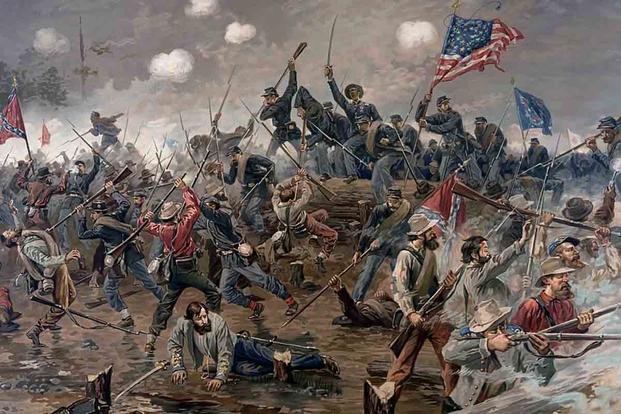As an affiliate partner, Military.com earns from qualifying purchases.
Attention, book nerds, history buffs and leadership wonks: It's March Madness for the best books on military history. And no one is better suited to make that call than the American Battlefield Trust.
For nearly 40 years, no organization has done more to preserve the sites where the young United States fought formative battles on its home soil than the American Battlefield Trust. Committed to the memory of the Revolutionary War, the War of 1812 and the Civil War, it now oversees the protection of 58,000 acres at 155 sites in 25 states.
This year, the nonprofit launched the first-ever American Battlefield Trust Book Prize for History to recognize the best written works around these conflicts, judging works that highlight the necessity of preserving historic battlefields as primary sources of historical research.
"Each of these finalists demonstrate the irreplaceable research and perspective that come from the hallowed grounds of our nation's battlefields," David Duncan, president of the Trust, said in a statement. "We hope this award helps to encourage more authors to create such works and galvanize audience support and interest around preservation."
Some 100 books were nominated from 24 different publishers and were evaluated by an expert panel of judges. The following 11 finalists were chosen for consideration, and the winner will be announced this spring.
1. “Hessians: German Soldiers in the American Revolutionary War" by Friederike Baer
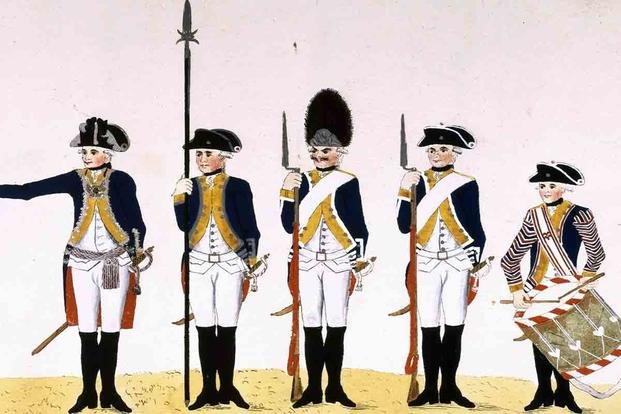
Author Friederike Baer's research is focused on the history of German-speaking people in North America, so it makes sense that she would examine the experience of German troops in the American Revolution. Between 1776 and 1783, the British Crown hired some 30,000 German mercenaries, collectively known as "Hessians" by the colonists, to help put down the uprising.
Baer's book, already a winner of the 2023 Society of the Cincinnati Prize and the 2022 American Revolution Round Table of Philadelphia Book Award, looks at the written letters, diaries and war records of the Hessian soldiers to provide a look at the war from their perspective.
2. "I Dread the Thought of the Place: The Battle of Antietam and the End of the Maryland Campaign" by D. Scott Hartwig
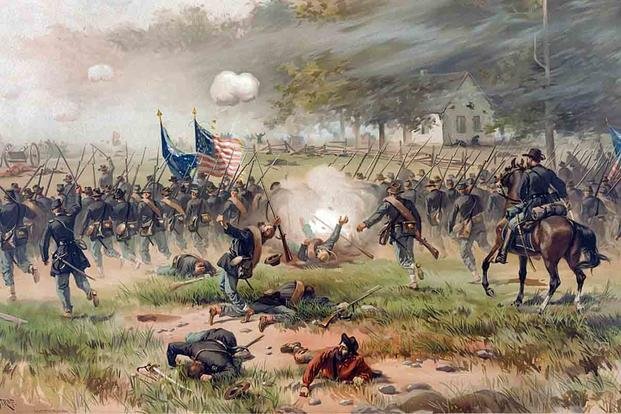
The 1862 Battle of Antietam has been described as the bloodiest single day in American history, and was certainly the deadliest battle of the Civil War. This is author D. Scott Hartwig's second book centered around the Battle of Antietam and makes the case that its outcome and aftermath changed the narrative of the Civil War. When Abraham Lincoln used the inconclusive result to issue the Emancipation Proclamation, the war went from a war to preserve the union to a war to abolish slavery.
3. "Feeding Washington's Army: Surviving the Valley Forge Winter of 1778" by Ricardo A. Herrera
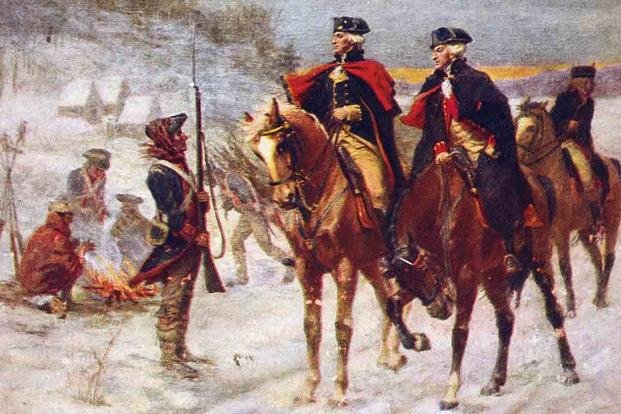
Many American schoolchildren are taught about the harsh realities of the Continental Army's infamous winter at Valley Forge, but in "Feeding Washington's Army," Ricardo Herrera details what everyday life was like for the soldiers encamped there. Readers might be surprised at just how close to starvation the army actually was -- and how crafty and resourceful its leaders were at keeping them alive while still posing a threat to the British Army.
4. "Fort Ticonderoga, The Last Campaigns: The War in the North, 1777-1783" by Mark Edward Lender

Long before the American Revolution began, it was well-known that Upstate New York's Fort Ticonderoga was the most important outpost on the continent. But no one could have predicted how important the fort and its guns actually were. The loss of and subsequent battle for Ticonderoga would reverberate throughout the rest of the war, leading to the British loss at Saratoga, French intervention in the war and the ultimate victory of the Continental Army. Mark Edward Lender's latest book scours through the details of the fort's strategic importance.
5. "Conflict of Command: George McClellan, Abraham Lincoln, and the Politics of War" by George Rable
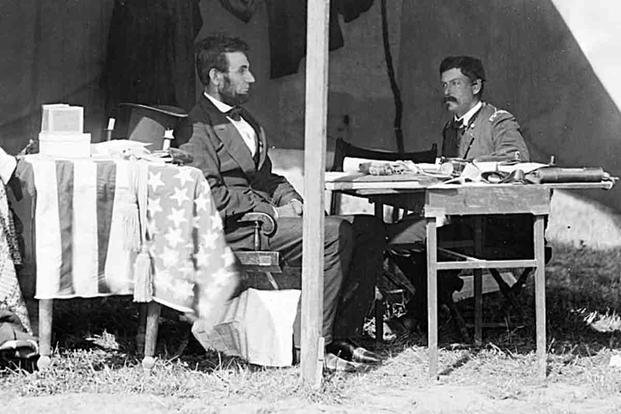
In the election of 1864, President Abraham Lincoln faced his old wartime general, George B. McClellan, whom the president had fired twice. In what felt like the climax of their long-fraught relationship, even Lincoln thought he would lose. In "Conflict of Command," historian George C. Rable looks back at the rivalry and history of the two men through the politics beyond the war, not just the outcomes of battles, and how they shaped the course of the Civil War.
6. “Early Struggles for Vicksburg: The Mississippi Central Campaign and Chickasaw Bayou, October 25-December 31, 1862” by Timothy B. Smith
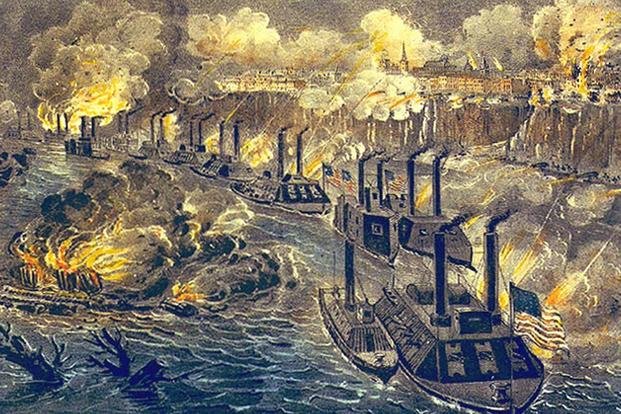
The success of the Siege of Vicksburg in 1863 gave the Union Army control of the Mississippi River, cutting the Confederacy in two. But Ulysses S. Grant's monthlong siege was just the culmination of years of planning and actions. Before that decisive battle, it took four intertwined mini-campaigns across six states to get the Union Army to the outskirts of the city. "Early Struggles for Vicksburg" is the first comprehensive book to examine this first phase of the campaign that would ultimately complete the "Anaconda Plan" for the Confederacy's final defeat.
7. "Longstreet: The Confederate General Who Defied the South" by Elizabeth Varon
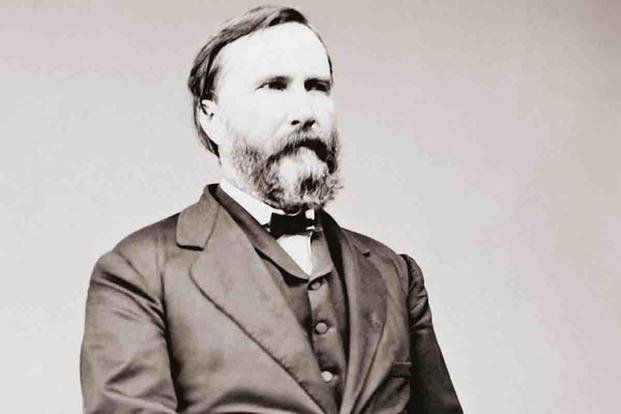
After the end of the Civil War, one of the South's longtime heroes suddenly became a hated traitor. Gen. James Longstreet, once Robert E. Lee's right-hand man, let his fellow former rebels know their cause was totally lost. In "Longstreet," Elizabeth Varon paints a portrait of one of the most able and victorious Confederate generals who embraced Reconstruction after the war, supported Black voting rights and fought former rebel outlaws with an integrated armed militia.
8. “Contrasts in Command: The Battle of Fair Oaks May 31-June 1, 1862" by Victor Vignola
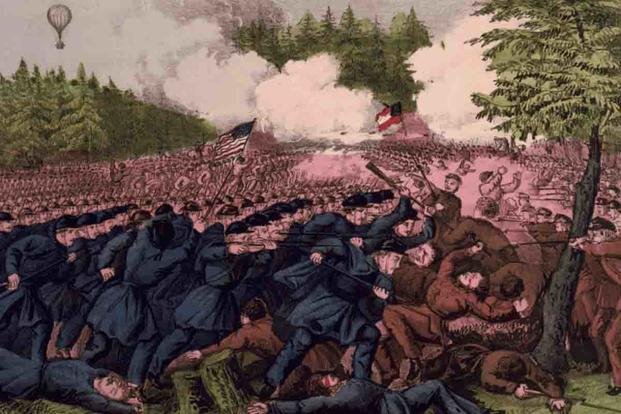
The Battle of Fair Oaks, also known as the Battle of Seven Pines, was an inconclusive fight that took place in northern Virginia in 1862. The fighting, however, was the second bloodiest of the war to that day. Confederate Gen. Joseph E. Johnston launched a series of overly complex piecemeal attacks that resulted in being wounded on the battlefield and replaced by another general, Robert E. Lee. Lee would reorganize the army and change the course of the entire Civil War. Author Victor Vignola uses never-before-used resources to lay out a new study in leadership that could forever alter popular perception of the battle and its aftermath.
9. "Freedom: The Enduring Importance of the American Revolution" by Jack D. Warren Jr.

"Freedom" is not a history book based solely on dates, places and so-called "big man" history. Jack D. Warren Jr.'s is a narrative history of the War for Independence from the perspective of those who risked their lives for the cause. The story doesn't begin with the Declaration of Independence, but with the underrepresented colonists who agitated against the monarch in faraway London.
10. "The Heart of Hell: The Soldiers' Struggle for Spotsylvania's Bloody Angle" by Jeffry D. Wert
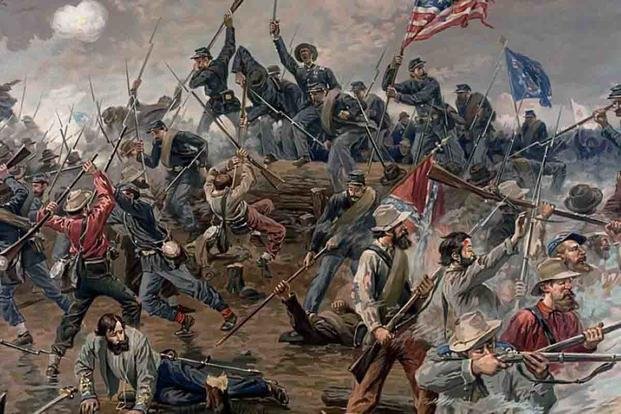
In the still-dark, early morning hours of May 12, 1864, the Union Army came crashing through Confederate earthworks, overwhelming the defenders. The fighting devolved into hand-to-hand mob warfare. Both sides sent in reinforcements, but one part of the line saw the most fighting. Called the "Bloody Angle," it saw torrential rain and artillery fire pour in from north and south. Using the personal narratives of the men who fought there, Jeffry D. Wert details the near 24 hours of "hate and murder" among the 55,000 who fought in this small section of the line.
11. "On Great Fields: The Life and Unlikely Heroism of Joshua Lawrence Chamberlain" by Ronald C. White
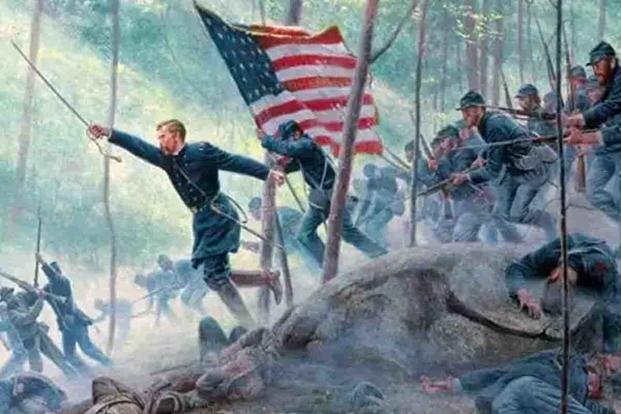
College professor, minister and Medal of Honor recipient Joshua Lawrence Chamberlain volunteered for Union Army service in 1862. He would rise to the rank of brevet major general and become one of the most decorated soldiers of the Civil War. He was the most unlikely of war heroes. A stutterer who never left his home state of Maine, he would gain fame by ordering a critical bayonet charge that may have changed the outcome of the Battle of Gettysburg. Ronald C. White's biography of Chamberlain looks at the man behind the uniform.
Keep Up With the Best in Military Entertainment
Whether you're looking for news and entertainment, thinking of joining the military or keeping up with military life and benefits, Military.com has you covered. Subscribe to the Military.com newsletter to have military news, updates and resources delivered straight to your inbox.
